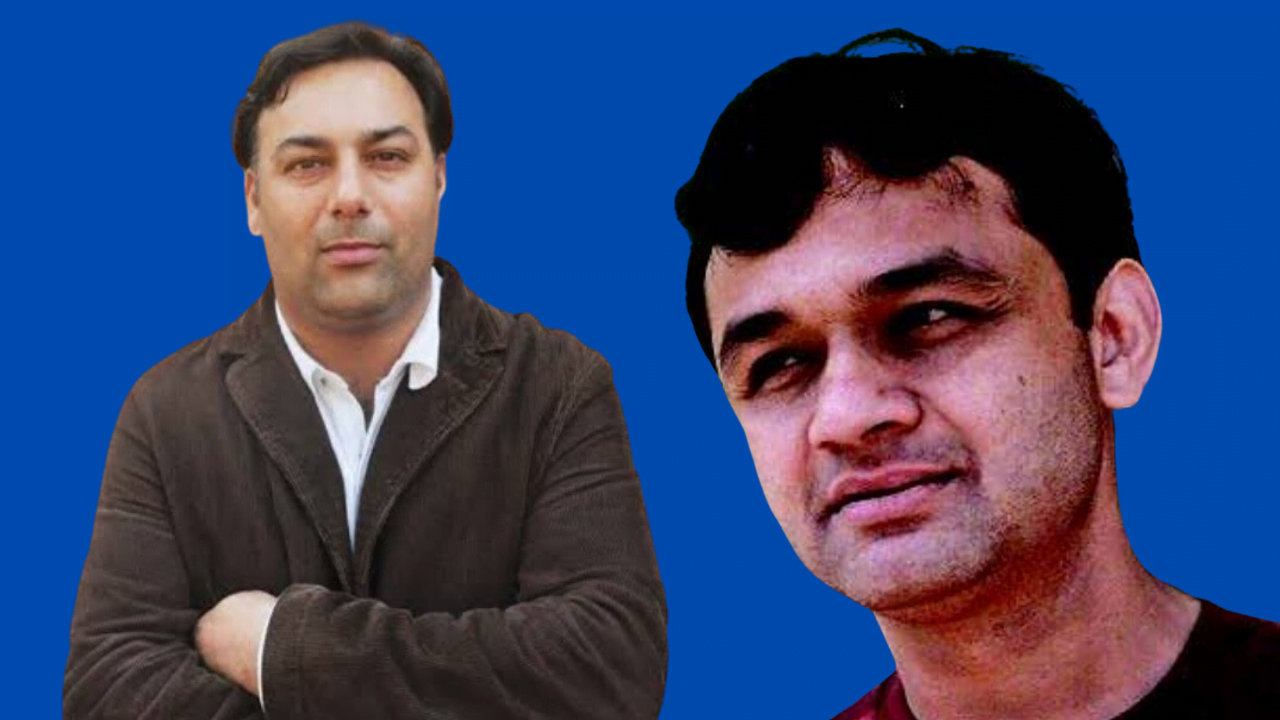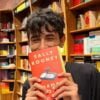Works by two eminent Kashmiri writers and poets have been abruptly dropped from the post-graduate programs for English at two of Kashmir’s famous institutes for higher education. The University of Kashmir has removed three poems by the critically-acclaimed Kashmiri-American poet Agha Shahid Ali, namely ‘Postcard from Kashmir’, ‘In Arabic’, and ‘The Last Saffron‘. Also deleted from the syllabus is author Basharat Peer’s memoir ‘Curfewed Night.’ Two different works by Shahid- ‘I See Kashmir from New Delhi at Midnight’ and ‘Call Me Ishmael Tonight’ have further been dropped by Cluster University, Srinagar.
Kashmir University has also removed the syllabus for their M.A. program in English from their site, explaining that the document will only be uploaded after it has been updated. These changes in the syllabus aren’t unfamiliar anymore; they are only a reinstatement of the fact that education in India occupies a particularly unique position in today’s political zeitgeist. With the power to reinforce and quell narratives, voices and histories, education has become an infamous hotspot for carrying out ideological projects across the world.
On 31 October 2019, the Government of India abrogated Article 370 and passed a reorganisation act to reconstitute the former state into two union territories instead. Much of the time afterwards has been marred by chilling accounts of violence and communal tensions in the region.
On 31 October 2019, the Government of India abrogated Article 370 and passed a reorganisation act to reconstitute the former state into two union territories instead. Much of the time afterwards has been marred by chilling accounts of violence and communal tensions in the region. Economic conditions remain harsh- unemployment is a pervasive issue, and investments have fallen by nearly 55 percent. There is, however, little consideration meted out to those who speak of their difficulties in the region.
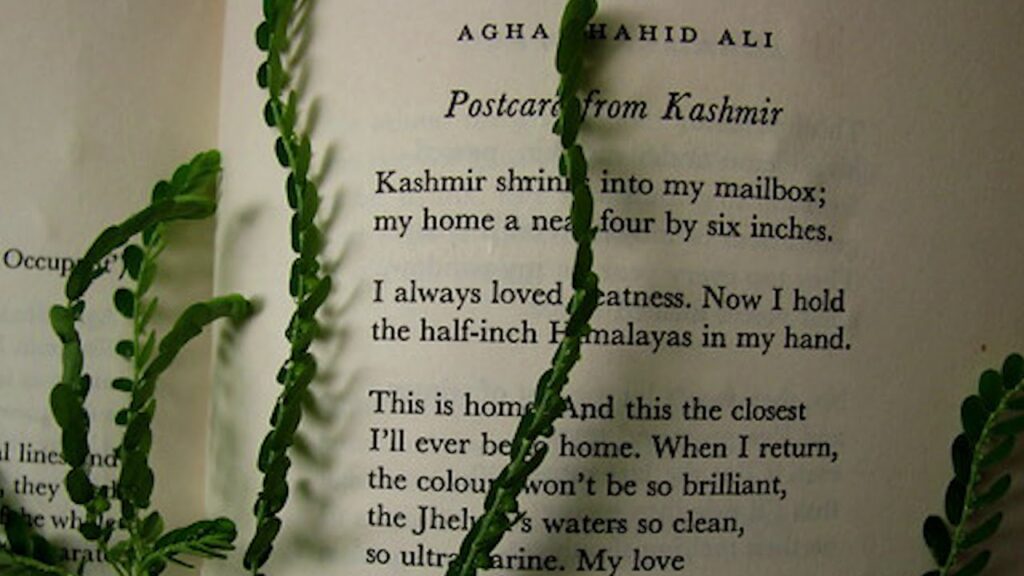
Much of the intention behind such changes in syllabi can only be gleaned by analysing the content that has been removed. Shahid’s poem, ‘Postcard from Kashmir’, was published as the introduction to his anthology ‘Half Inch Himalayas‘. The poem finds Shahid reflecting on his love for his land, and his words especially bring to life the sheer anguish he feels at having been separated for so long from his home in Kashmir. A single postcard from his home conjures feelings of nostalgia and loss, so intimately written that they arouse similar feelings in even the reader. Such feelings of tenderness and love for Kashmir are a common pattern in Shahid’s poems.
This is not the only time education has been harnessed to selectively filter marginalized voices. Indeed, the unprecedented rise of conservatism in India has crept into almost every institution in the country. Extremist views of violence toward women, religious minorities and other oppressed peoples are voiced without fear of repercussions.
Far different in tone, Peer’s award-winning memoir narrates the story of a brutal and harrowing life during politically unstable and unsafe times in Kashmir. Education advisors rationalised the removal of this work by arguing that such works in literature only serve to promote a “secessionist mindset” amongst students.
This is not the only time education has been harnessed to selectively filter marginalised voices. Indeed, the unprecedented rise of conservatism in India has crept into almost every institution in the country. Extremist views of violence toward women, religious minorities and other oppressed peoples are voiced without fear of repercussions. A particularly complacent and privileged citizenry silently witnesses the dents in the country’s diverse and secular fabric without raising their voices. In their inaction, such people become an extension of the conservative project, regardless of how much they may boast of their liberal credentials.
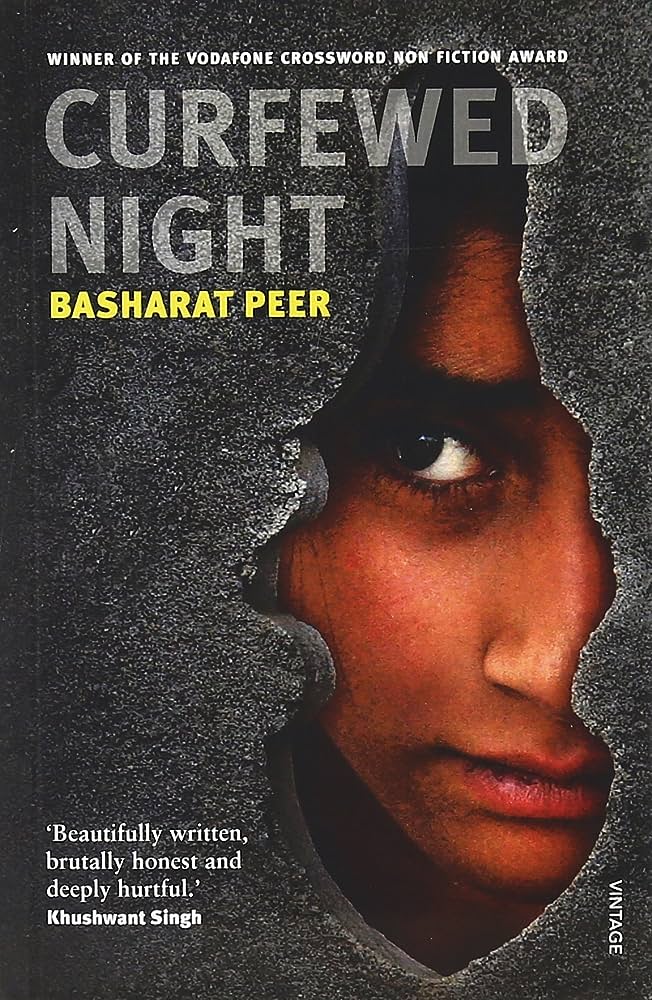
Academia at one point had seemed to be a bastion for India’s liberal youth. Yet colleges and universities no longer possess the dynamic political voice they once did- indeed, most colleges seem focused on pushing a “neutral” environment on campus while subtly implementing institutional measures to quell protests and rebellions that question the status quo.
This is not a coincidence. Education in India has always been invariably political. When Thomas Macauley instituted a framework to educate colonised Indians during the British colonial rule, his conception of what was suitable enough to be taught was clearly based on his white supremacist views. He lampooned Indian knowledge and sciences, all the while propping Western literature and art as superior and meaningful.
Post-independence, however, India witnessed the rise of several eminent institutions, such as the Statistical Institute and the Delhi School of Economics. Such universities as Jawaharlal Nehru University and the University of Delhi would particularly come to be known as spaces of academic integrity and radical political action and organisation amongst students. Such a fruitful history has, in recent times, come to seem like nothing more than a faraway dream.
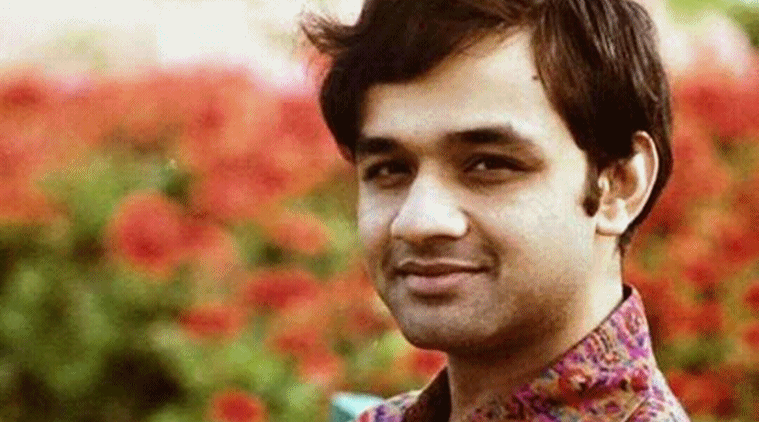
Take for instance the case of AISA activists detained during PM Modi’s visit to DU. The students were threatened with arrest if they attempted to leave. Consider the administration of DU making the day of Id Ul Zuha a working day, or the saffronisation of the walls around IP college. Recall the chilling accounts of JNU students brutalised by police during the CAA-NRC protests. At an institutional level, there are clear attempts to quell protests. Yet a truly effective measure to do the same is being carried out at another level too- through unprecedented changes in expert-drawn curricula.
Chapters concerning Mughal history were deleted from textbooks. A chapter discussing the role of diversity in democratic structures was removed. Dalit authors Bama and Sukirtharini were dropped from the syllabus for DU’s English course. Mahasweta Devi’s feminist work, ‘Draupadi’ was also deleted, even though it had been taught in the university since 1999.
A slew of changes in the NCERT textbooks had drawn, only in the past few months, special attention. Chapters concerning Mughal history were deleted from textbooks. A chapter discussing the role of diversity in democratic structures was removed. Dalit authors Bama and Sukirtharini were dropped from the syllabus for DU’s English course. Mahasweta Devi’s feminist work, ‘Draupadi’ was also deleted, even though it had been taught in the university since 1999. A paragraph on evolution was inexplicably removed from NCERT’s biology textbook.
Officials justified such updates in the syllabus by arguing that the rationalisation was an attempt to ease the workload on students, yet the intent of these deletions continues to be questioned by concerned educators and students alike, especially because of the fact that only marginalised literature seems to be the target. In their callous treatment of important literature and history penned by some of India’s most oppressed, there is revealed a tendency to treat marginalised voices as disposable. The moment these voices inspire radical thought amongst their readers, they end up being discarded. So shocking was the nature of these deletions that even those involved in the writing of the textbooks jointly requested for their names to be removed from the books due to the butchering their content had undergone.

With the advent of nationalism in the country, education becomes particularly susceptible to unprovoked coordinated attacks. The dissertation by a student at the Tata Institute of Social Sciences, for example, concerning the gendered impact of pandemic-induced lockdown drew the ire of Twitterati, eventually leading to a university-led probe into the same. Alumni expressed dissatisfaction with the Institute’s decision to not back the student’s thesis, yet such a move only betrays the ways in which institutions of academic repute are now being heavily scrutinised for their involvement in anything perceived to be overtly political anymore.
There is a noticeable trend to harness education for the promotion of ideological projects. In India, campuses continue to become increasingly unsafe places for leftist action. The education imparted to future generations is now being filtered and watered down to cater to majoritarian sentiments. The removal of Kashmiri authors from the English programs from Kashmir’s own universities is nothing short of an attempt to erase important voices and rewrite history.
There is a noticeable trend to harness education for the promotion of ideological projects. In India, campuses continue to become increasingly unsafe places for leftist action. The education imparted to future generations is now being filtered and watered down to cater to majoritarian sentiments. The removal of Kashmiri authors from the English programs from Kashmir’s own universities is nothing short of an attempt to erase important voices and rewrite history. At a time when access to radical literature continues to be hampered, bookstores and libraries become especially important places for political action. As concerned citizens, it becomes important for us to ensure that the fascist sentiments to erase narratives do not come to fruition.
About the author(s)
Mayank (he/him) is an 18-year-old student hailing from Delhi. He is particularly interested in offering cultural and literary critique through the lens of feminist and queer studies. In his free time, Mayank enjoys reading theory and is known to appreciate pictures of pet cats.
